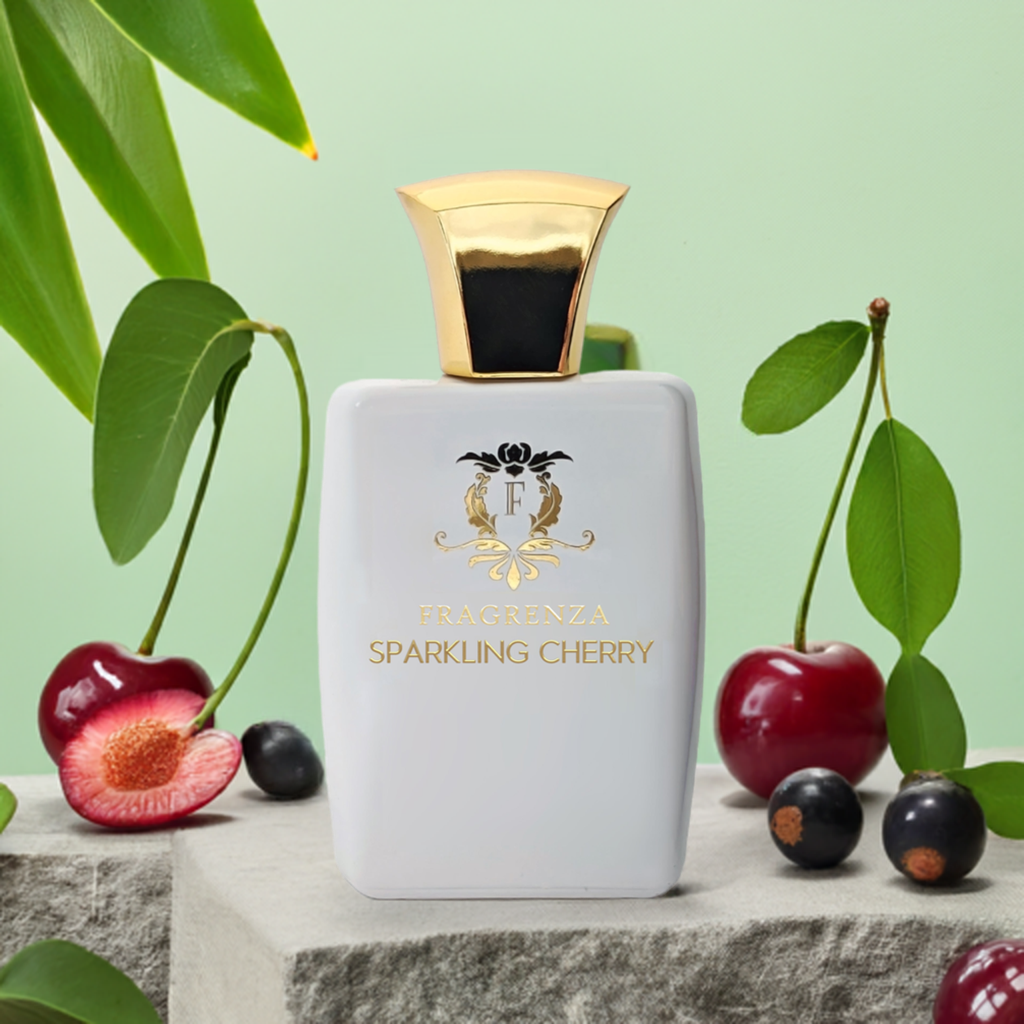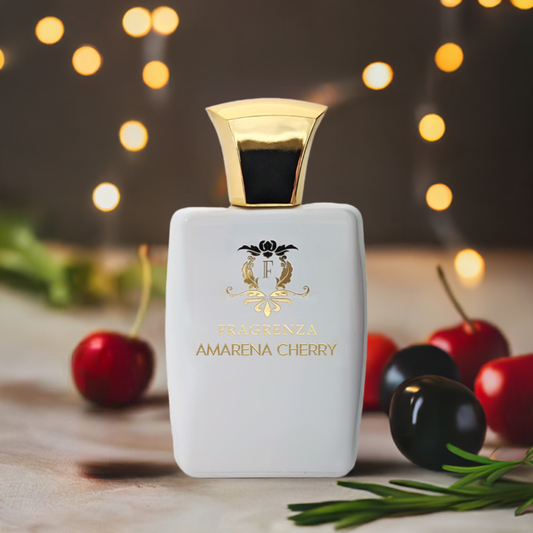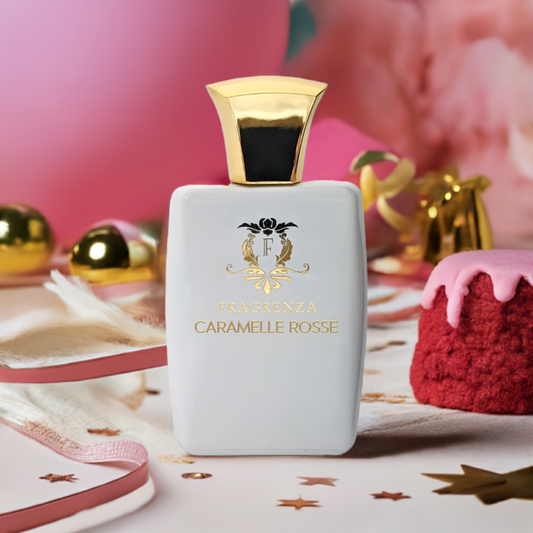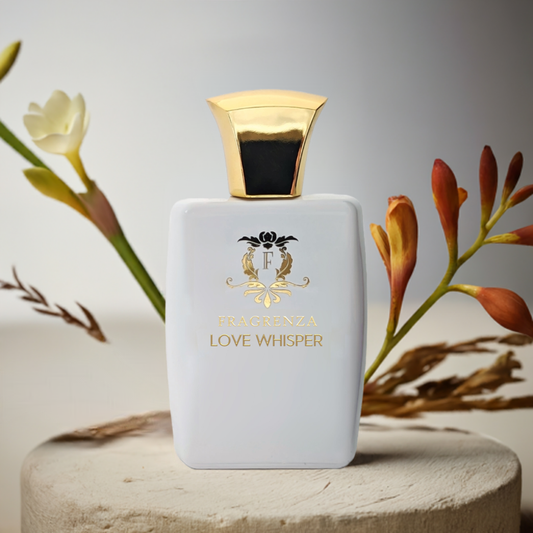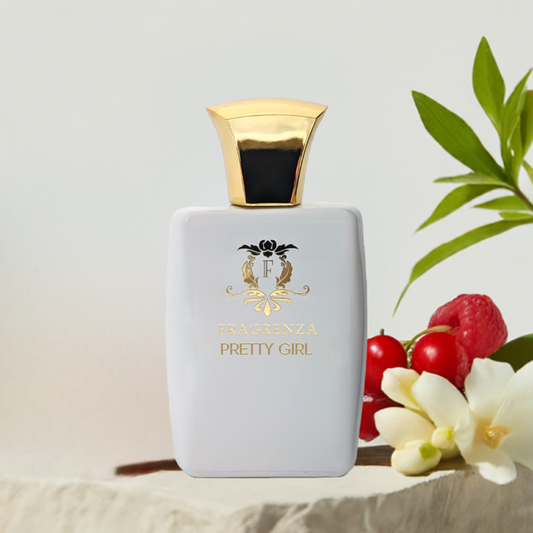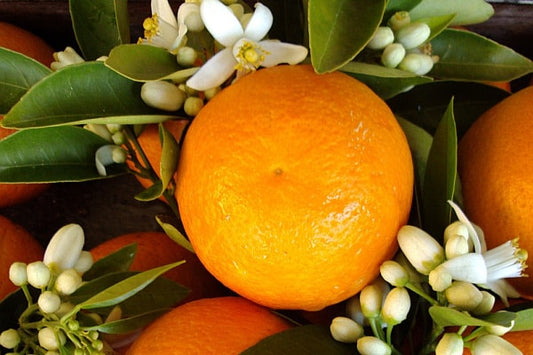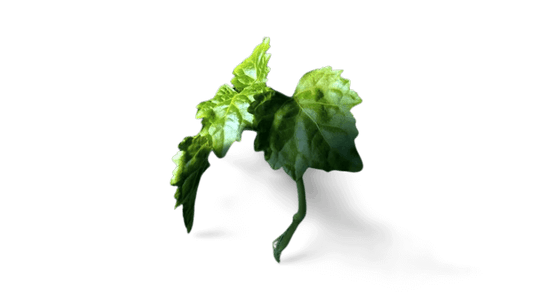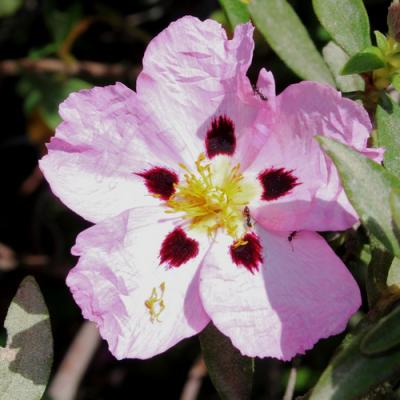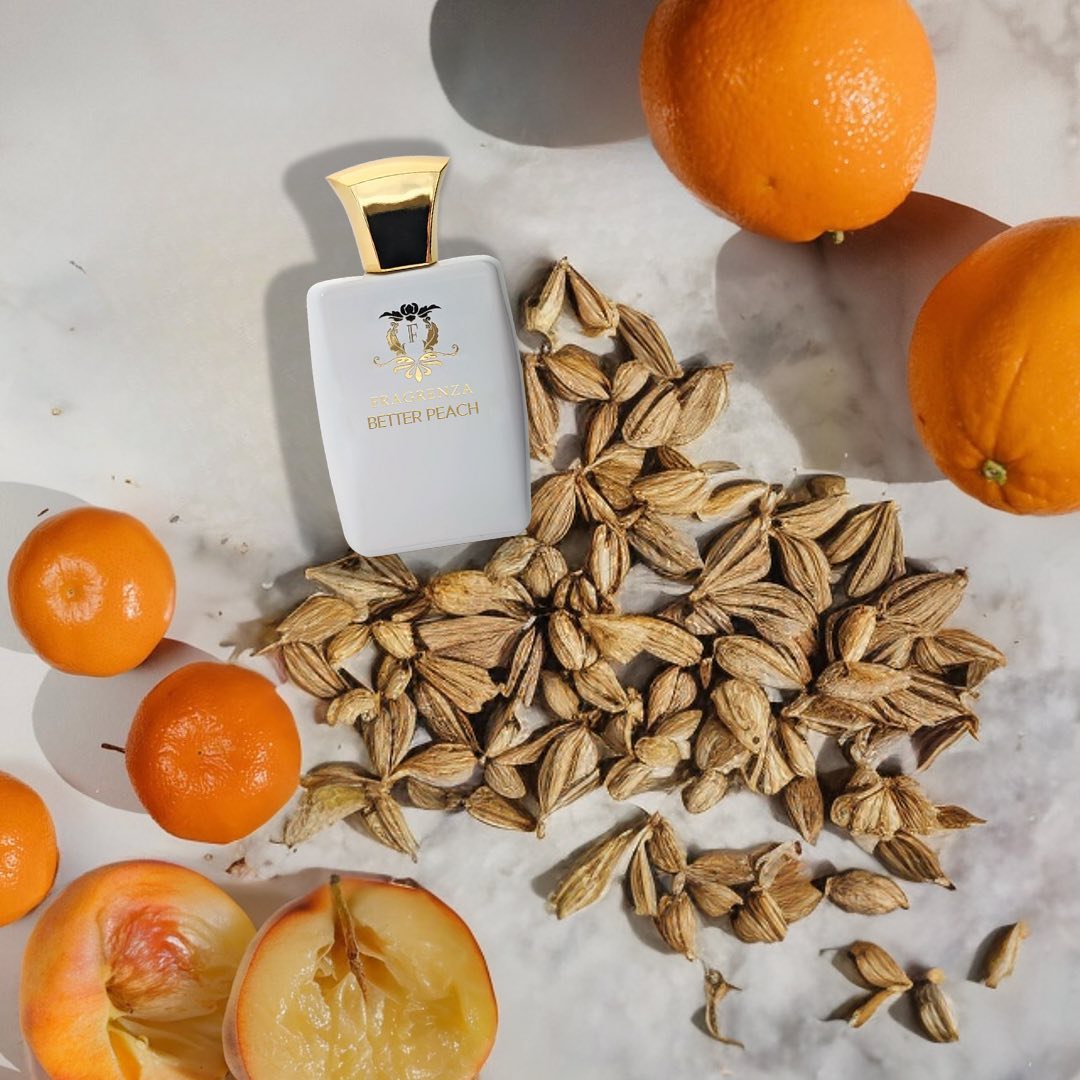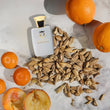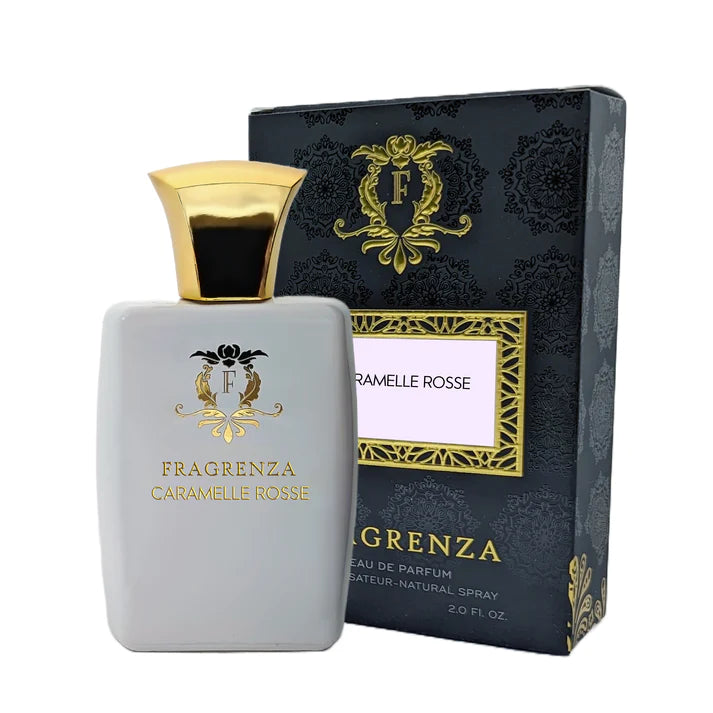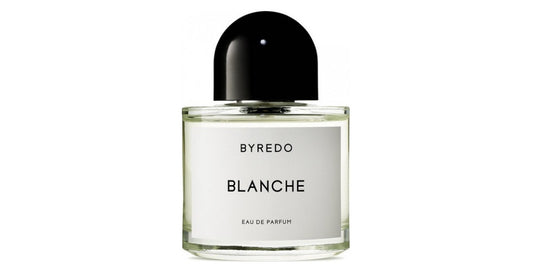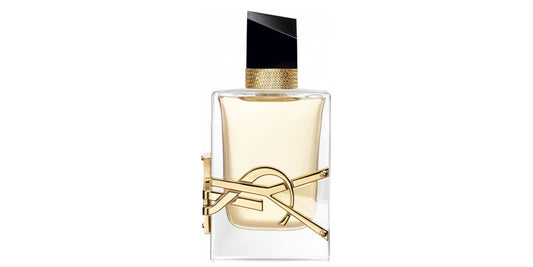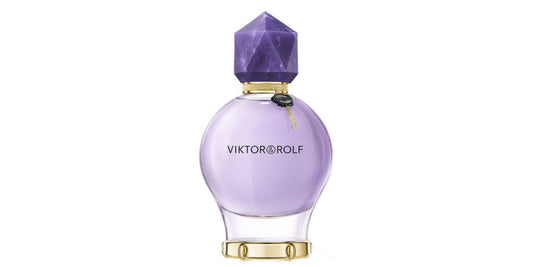Heliotrope in perfumery
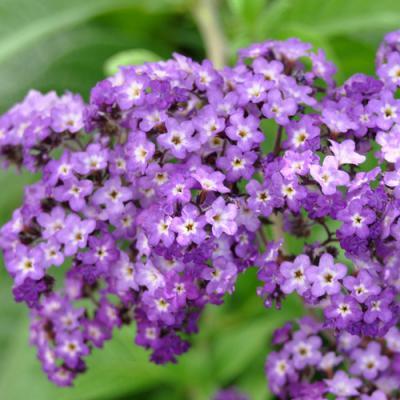
In This Article
What is Heliotrope
Heliotropes are herbaceous plants that produce essential oils and belong to the Boraginaceae family. They are also known as "Herbes de Saint Fiacre" because their leaves turn towards the sun. There are approximately 250 species worldwide, primarily found in subtropical regions. In Europe, heliotropes are mostly located in the Mediterranean region. However, the species most commonly used in perfumery originate from South America. These heliotropes exhibit blue, purple, or white hues and are often associated with the spring season.
Heliotrope in Perfumery
Heliotropin, an aromatic compound, was discovered in the second half of the 19th century. Its scent is currently extracted using the headspace technique, a method developed in the 1970s to recreate a flower's natural scent without damaging it. Sometimes, the fragrance is reproduced in the laboratory from other raw materials. Heliotrope imparts a floral, vanilla, and balsamic touch to feminine and masculine perfumes. It adds a creamy quality, reminiscent of lilac. Generally, heliotrope is a highly fragrant material. Some people may detect a scent reminiscent of a fresh butter madeleine, but it also exhibits a peppery facet, similar to that of carnation.
Although heliotrope is commonly used in modern perfumes, its peak popularity was during its inclusion in L'Heure Bleue, the famous fragrance from Guerlain. Reminiscence also dedicated an entire perfume to heliotrope, aptly named Heliotrope, created in 2013. Contained in an opaque green bottle, suggestive of its aromatic aspect, it exudes a sense of indulgence. It bears a striking resemblance to a macaron rather than a heliotrope! Regardless, it draws attention to this underappreciated yet widely used ingredient, fitting perfectly within Réminiscence's sparkling and captivating universe.
Fun Facts About Heliotrope
- The name "heliotrope" comes from the Greek words "helios," meaning sun, and "tropos," meaning turn, referring to the plant's leaves turning toward the sun.
- Heliotrope has been used in traditional medicine for various purposes, including treating skin conditions, fever, and inflammation.
- In the language of flowers, heliotrope symbolizes devotion, as the plant follows the sun throughout the day.
- Heliotrope has been a popular ingredient in perfumery since the 19th century, providing a sweet, powdery, and slightly almond-like scent to numerous fragrances.
